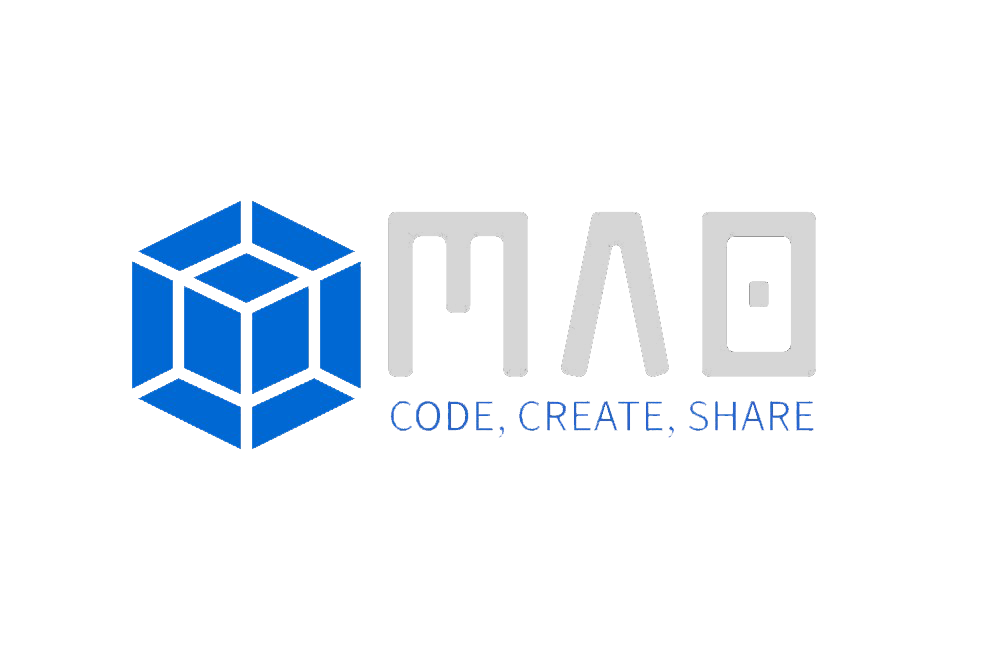Understanding AWS Networking: VGW, VPC Endpoints, and Security Groups
Understanding AWS Networking: VGW, VPC Endpoints, and Security Groups
When working with Amazon Web Services (AWS), understanding the various networking components is crucial for designing secure and efficient architectures. In this article, we will explore three key concepts: Virtual Private Gateway (VGW), VPC Endpoints, and Security Groups.
Virtual Private Gateway (VGW)
What is VGW?
A Virtual Private Gateway (VGW) is a component that enables communication between your Amazon Virtual Private Cloud (VPC) and on-premises networks or other VPCs. It acts as the VPN concentrator on the AWS side of the VPN connection.
Key Aspects of VGW
- Functionality: VGW is used to set up a VPN connection between your VPC and your on-premises data center or another VPC.
- Use Cases: It is typically used for hybrid cloud setups where resources are spread across on-premises infrastructure and AWS.
- Components: A VPN connection includes two tunnels between your VGW and the on-premises VPN appliance, providing redundancy.
Benefits of VGW
- Secure Connectivity: Provides secure connections between AWS and on-premises networks.
- Redundancy: Multiple VPN tunnels ensure high availability.
- Scalability: Easily scalable to meet growing network demands.
VPC Endpoints
What are VPC Endpoints?
VPC Endpoints allow you to privately connect your VPC to supported AWS services and VPC endpoint services powered by AWS PrivateLink without requiring an internet gateway, NAT device, VPN connection, or AWS Direct Connect connection.
Types of VPC Endpoints
- Interface Endpoints: These use AWS PrivateLink and provide private connectivity to services like Amazon S3, DynamoDB, and others via a network interface in your VPC.
- Gateway Endpoints: These are used specifically for S3 and DynamoDB and route traffic to these services without traversing the internet.
Benefits of VPC Endpoints
- Enhanced Security: Ensures that traffic between your VPC and AWS services does not leave the AWS network.
- Simplified Network Architecture: Reduces the need for an internet gateway or NAT device.
- Cost-Efficiency: Can reduce data transfer costs compared to internet-based communication.
Security Groups
What are Security Groups?
Security Groups are virtual firewalls that control inbound and outbound traffic to AWS resources within a VPC.
Key Characteristics of Security Groups
- Functionality: Act at the instance level and control traffic based on protocols, ports, and source/destination IP addresses.
- Rules: Define rules to allow or deny traffic. For inbound rules, specify the allowed traffic to the instance. For outbound rules, specify the allowed traffic from the instance.
- Statefulness: Security groups are stateful, meaning if you allow an inbound request from an IP, the response is automatically allowed regardless of outbound rules.
Benefits of Security Groups
- Granular Control: Fine-grained control over inbound and outbound traffic.
- Stateful Rules: Simplifies rule management by automatically allowing response traffic.
- Enhanced Security: Helps protect instances from unwanted traffic.
Quick Quiz
Which techniques should you use to secure an Amazon Relational Database Service (Amazon RDS) database? (Select THREE.)
[] AWS Identity and Access Management (IAM) policies to define access at the table, [] row, and column levels
[v] Security groups to control network access to individual instances
[] An Amazon Virtual Private Cloud (Amazon VPC) gateway endpoint to prevent traffic [] from traversing the internet
[] A virtual private gateway (VGW) to filter traffic from restricted networks
[v] A virtual private cloud (VPC) to provide instance isolation and firewall protection
[v] Encryption to protect sensitive data
Reason of False Selections
- AWS Identity and Access Management (IAM) policies to define access at the table, row, and column levels
- Reason: While IAM policies are crucial for managing permissions and access controls, RDS uses database-specific authentication mechanisms for access control at more granular levels such as table, row, and column. IAM is typically used for controlling access to the RDS instance itself rather than the data within it.
- An Amazon Virtual Private Cloud (Amazon VPC) gateway endpoint to prevent traffic from traversing the internet
- Reason: VPC endpoints are useful for connecting to AWS services privately without going through the public internet. However, they are not specifically designed for securing RDS instances. The primary use of VPC endpoints is for connecting to services like S3 or DynamoDB within a VPC, not for instance-level security.
- A virtual private gateway (VGW) to filter traffic from restricted networks
- Reason: A VGW is used to establish VPN connections between your VPC and on-premises networks. While it provides a secure connection for hybrid environments, it is not specifically tailored to securing RDS instances directly. VGWs are more about connecting different network environments rather than providing instance-level security.
Extra: VGW vs. IGW(Internet Gate Way)
On-Premises Network Internet
| |
| |
VPN |
| |
VGW| |IGW
|/ |/
+——-+ +——–+
| VPC | | VPC |
+——-+ +——–+
| | | |
Instances Instances
Extra VGW vs. IGW vs. VPC gateway endpoint
- Internet Gateway (IGW): Provides internet access for VPC instances.
- Virtual Private Gateway (VGW): Facilitates secure connections between VPC and on-premises networks.
- VPC Gateway Endpoint: Allows private access to supported AWS services from within the VPC.
Conclusion
Understanding VGW, VPC Endpoints, and Security Groups is essential for designing secure and efficient network architectures in AWS. VGWs provide secure connectivity between VPCs and on-premises networks, VPC Endpoints allow private connections to AWS services, and Security Groups offer granular control over instance traffic. Leveraging these components effectively can significantly enhance the security and performance of your AWS infrastructure.
By mastering these AWS networking fundamentals, you can ensure that your applications and data remain secure and accessible, while optimizing costs and simplifying network management.
References
AWS SOA 學習筆記 - VPC(Virtual Private Cloud)
